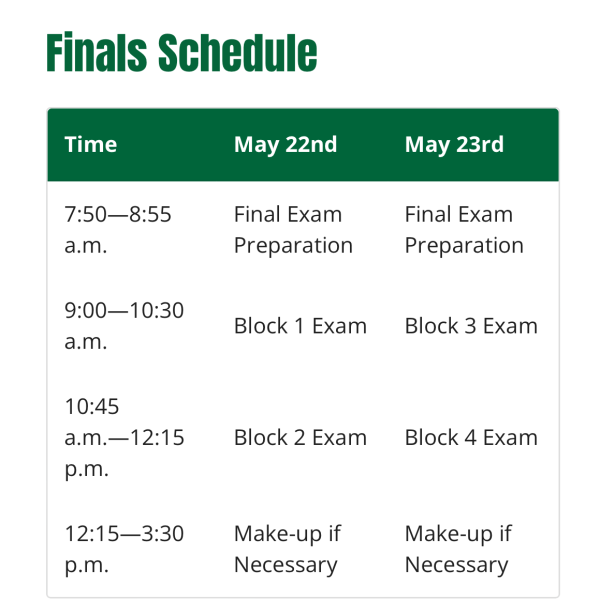Smartphones: Helping or Hurting LSW Academics?
September 7, 2018
In the last few years, the use of technology has greatly increased in the Lincoln Public Schools’ curriculum. For example, the district went from sixth graders getting their own Chromebooks in August 2015, to all middle and high schoolers having them in the 2018 school year. Even though Chromebooks are the preferred technology, another device that’s become prevalent in schools is smartphones.
In a study done by Pew Research Center in 2017, only 12 percent of teens in the United States did not own or have access to a smartphone. To add to that, about 76 percent of students who attend smartphone-tolerant schools took their phone to school every single day. Only 8 percent of all students never bought their phones to school.
“I bring my phone to school every day, and use it pretty frequently throughout the day,” freshman Clara Bradbury said.
Since so many students are bringing their phones to school, there are studies that show that students’ grades actually go down when they use their smartphones very frequently.
In a 2010 study done by the Kaiser Foundation, 47 percent of heavy smartphone users got A’s and B’s, compared to 65 percent of moderate users, and 66 percent of light users in U.S. high schools. According to this data, phone usage actually hurts students’ grades in school.
Southwest business teacher, Joshua Hinrichs, has a very strict policy about kids having their cell phones in his classroom.
“My cell phone policy is kind of flexible depending on the class,” Hinrichs said. “I’m more strict with my freshmen. They’re not allowed to have their phones at all. Whereas my college personal finance class I’m a little more flexible with it because it’s not a required class and most of the kids that are there want to be there versus a required class.”
Hinrichs currently has a tally on his whiteboard to show how many phones he has taken. If he confiscates a student’s phone, he adds a tally. He knows of another teacher from Southeast and one who teaches in western Nebraska that does the same. Out of the three, he’s is currently in second place for the number of phones taken away this school year.
“This year I’m doing something where I’m trying to be a little more watchful of phones. I hope I don’t have to take 100 phones from students. I’m currently at seven,” Hinrichs said.
At Lincoln Southwest, the administration leaves the responsibility of cell phone regulation to the teachers themselves, rather than having a schoolwide policy.
“We leave cell phone regulation to teachers, classroom to classroom,” associate principal John Matzen said. “We allow teachers to set up their own in class policies. I feel like smartphones and other devices are distractions at school. With the access through Chromebooks to the internet and other resources, they are just not necessary. They may have been helpful at one time, but at this point, I’ve seen students who just have trouble regulating their cell phone use.”
While phones may sometimes be distracting, they can also be a helpful tool for students. They can use their phones to help them out with schoolwork. Students can use the calculator to help solve difficult math problems, send teachers emails, and Google search any information they don’t know. Studies have also shown that music can help students retain information.
A study done by Northcentral University found out that listening to music while studying actually helps focus and retaining information because when music is played, it stimulates the right and left brain at the same time, and the activation of both hemispheres can maximize learning and improve memory.
Some students at Southwest think that its helpful in a different way than that. In addition to listening to music, students can learn multitasking and prioritization of different assignments and projects.
“I use my phone pretty frequently throughout the day, about 30 minutes for the whole time I’m at school,” said Clara Bradbury. “I think as long as you pay attention to the work and then look on your phone, it shouldn’t be a problem. Your phone can actually be a great resource, because you can use it as a calculator, to email your teacher with questions, and Google things that you don’t know.”







